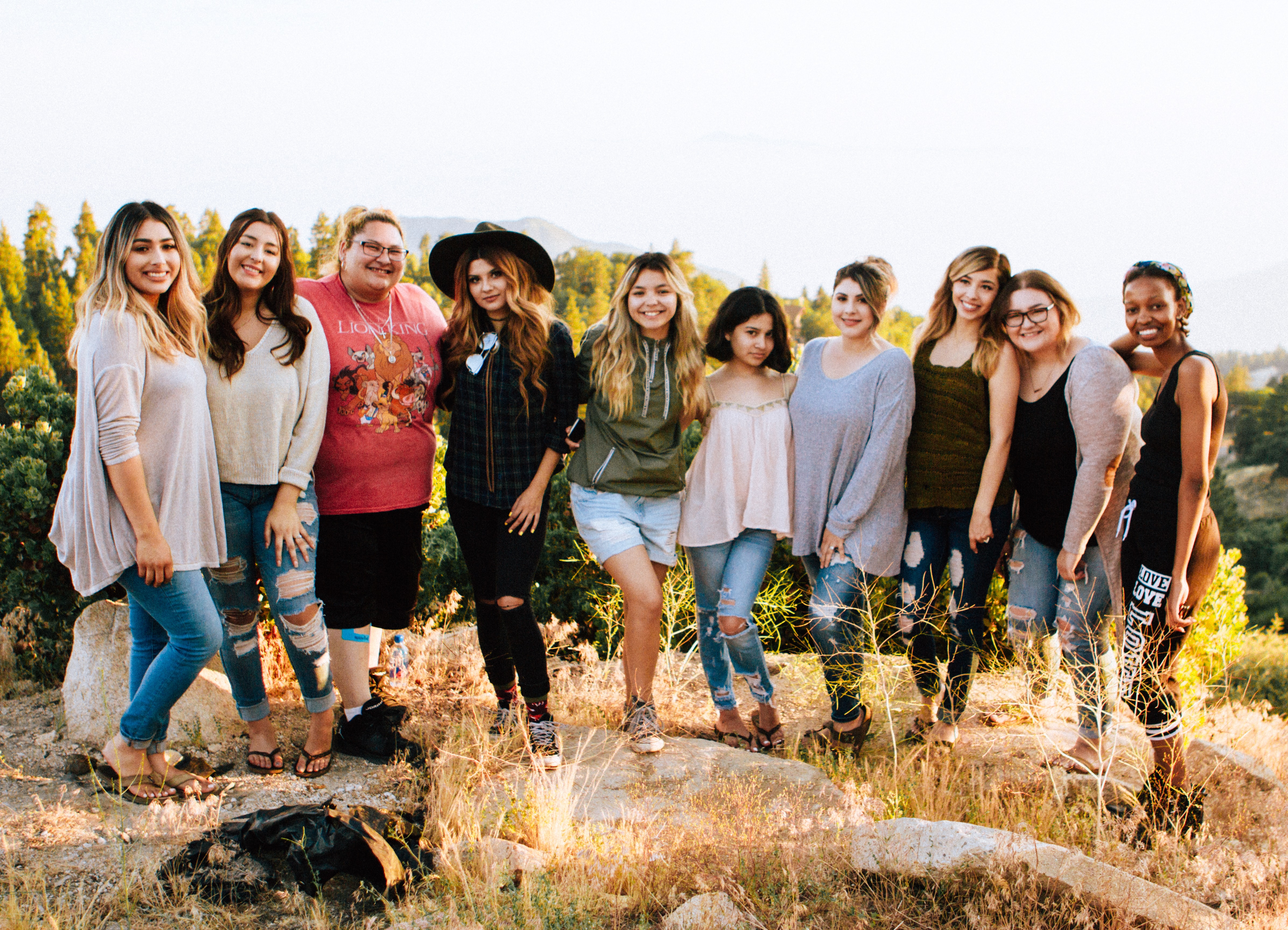
International Women’s Day, March 8th 2020, is a global day celebrating the social, economic, cultural and political achievements of women.
The IWD 2020 campaign theme is drawn from a notion of ‘Collective Individualism.’
We are all parts of a whole.
Our individual actions, conversations, behaviors and mindsets can have an impact on our larger society.
Collectively we can help create a gender equal world and we can all choose to be #EqualforEqual.
It is proven that when women do better, countries do better, communities do better, businesses do better and families do better.
Equality is not just a women’s issue. It’s an everyone issue.
Supporting women not only helps women, it helps everyone.
One thing keeping women down is increased alcohol consumption.
Unfortunately, alcohol is reported by Dr. George Koob, Director of the National Institute of Alcohol Abuse and Alcoholism, as “a growing women’s health issue.”
He and Aaron White, senior scientific advisor for Koob, told U.S. News that alcohol-related issues ranging from comorbid depression and anxiety disorders to liver disease tend to be more prevalent among women, and there’s evidence that disorders associated with alcohol “come on faster and (are) more severe” in them, as well.
This is a trend that falls in step with women consuming more and alcohol related emergency medical visits increasing. US News and World Report shared the death rate for women tied to alcohol is up 85% versus less than 40% for men.
In the Journal JAMA Psychiatry found that problem drinking, defined as drinking to the point where it interferes with our life or you are unable to stop was up more than 80% among women. Alcohol related deaths were also up in the US with the largest increase among non-Hispanic white women.
Alcohol has been linked to multiple health issues for women, including breast cancer, brain and heart damage, and dire pregnancy outcomes.
Helping women ditch the drink is one way to support and empower women.
Yet alcohol has been marketed to Moms everywhere as a relief from the stress of parenting.
The state of women’s drinking has been called a public health crisis, yet we have normalized day drinking, suggesting we drink Rosé All Day.
One of the most popular parenting hashtags is#sendwine.
Dish towels and infant onesies that all say we need and deserve wine as the answer to our problem, as an overwhelmed parent.
The Mommy drinks culture is everywhere, and women have been drinking it up.
We know heavy drinking is linked with an increased risk for major depression, especially for women.
Yet the wine jokes are everywhere, and it’s totally messed up.
How did we get here?
Now that we know better, we can do better.
We can call out the “I deserve this’ is all marketing.”
Alcohol has cornered the market on me time, on fun and relaxation.
But there are a lot of other healthier options that women deserve.
We can promote Mothers deserving free gym memberships with childcare, a weekly massage, dinner served to them and cleaned up too.
Time with friends, a break from parenting duties, and more household help, would all provide the relief that women are trying to find in the bottle of wine.
We can make it safe for women to raise their hand and say, I don’t need to be called an alcoholic to know that I am drinking more than I am comfortable with.
We can support women questioning their relationship with alcohol without labeling them, judging them or shaming them.
We can provide resources, support groups, and hashtags that encourage healthy coping skills.
We can offer alcohol free alternatives for nights out and also for the witchy hour at home. We can market beautiful, sophisticated adult drinks for treats, instead of expecting non drinkers to sip on juice boxes or tap water, just because they are alcohol free.
We can not interrogate people when they choose not to drink.
I speak from experience.
My drinking was a slippery slope that only went down, until I quit.
My power and strength increased when I ditched the drink.
Drinking took away my confidence, added fuel to my anxiety, and increased my feelings of depression.
Removing alcohol was the most powerful thing I have ever done for myself, my family and my community.
Living alcohol free has given me confidence, improved my career, and increased my resilience.
I am happier and healthier since ditching the drink.
I am able to contribute more to my community and the world when I am not giving any energy to alcohol and my questionable relationship to it.
If you are drinking too much, the most powerful thing you can do is to give it a break.
To support women this International Women’s Day, consider ditching the mommy drink culture, and empowering women to real #equalforequal outcomes that they can’t get in a bottle of wine.

